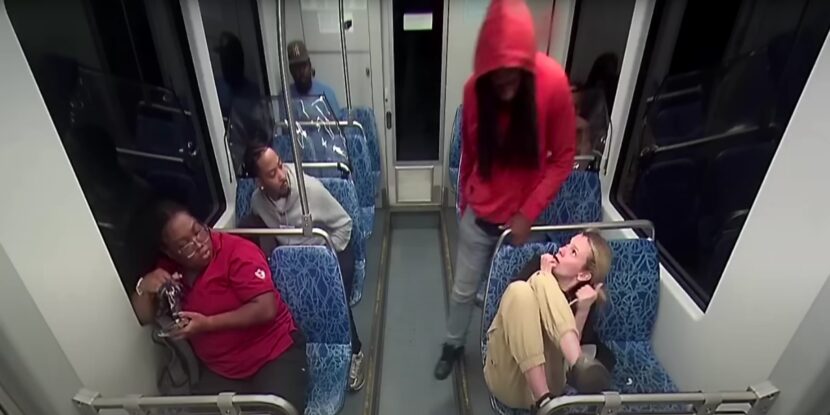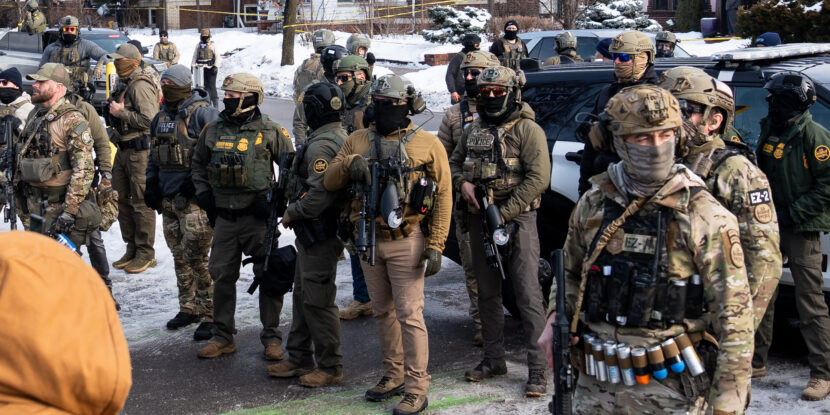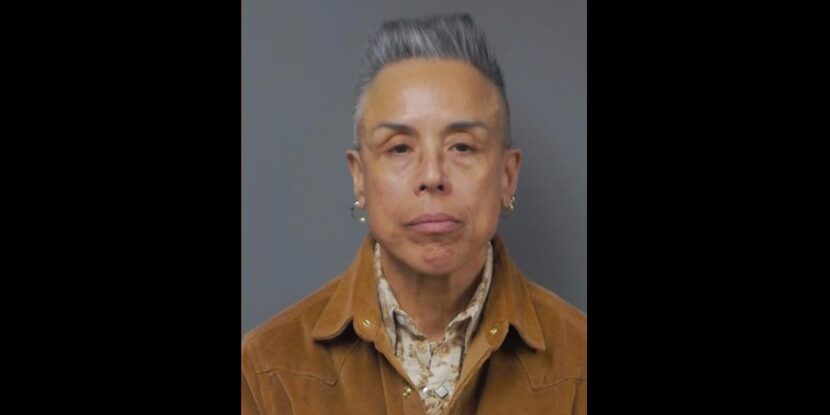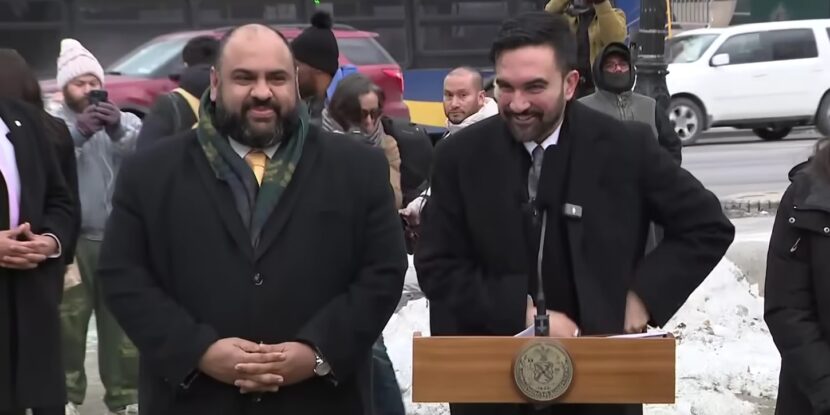❓WHAT HAPPENED: The North Carolina legislature approved a criminal justice reform bill, “Iryna’s Law,” aimed at limiting bail and restarting executions in the state.
👤WHO WAS INVOLVED: The bill was passed by the Republican-led legislature, but awaits action from Democrat Governor Josh Stein. It was named after Iryna Zarutska, a Ukrainian refugee fatally stabbed by Decarlos Brown Jr. while riding a train in Charlotte.
📍WHEN & WHERE: The legislation was approved on September 24, 2025, following the August 22 attack in Charlotte, North Carolina.
💬KEY QUOTE: “This heinous act was preventable,” said Rep. Tricia Cotham, a Republican from the Charlotte area, during House debate.
🎯IMPACT: The bill could restart executions in the state and end cashless bail for certain crimes.
North Carolina’s legislature has approved a criminal justice reform bill called “Iryna’s Law,” named in memory of Iryna Zarutska, a 23-year-old Ukrainian refugee killed on August 22 while riding a Charlotte light rail train. The bill, which tightens bail rules and could restart executions in the Tar Heel State, awaits Democrat Governor Josh Stein’s decision to sign or veto it.
Decarlos Brown Jr., the suspect in Zarutska’s death, had over a dozen prior arrests but was released without bond on a misdemeanor charge earlier this year. Diagnosed with schizophrenia, according to his mother, Brown now faces first-degree murder and federal charges, both potentially carrying the death penalty. Surveillance video captured the black male attacking Zarutska with a knife shortly after she boarded the train and subsequently boasting, “I got that white girl.”
Republican Rep. Tricia Cotham, during the debate, criticized lax bail practices, saying, “This heinous act was preventable.” House Speaker Destin Hall echoed Cotham, saying, “When we have magistrates who are asleep at the wheel, like this one that obviously was, then we gotta make a change.” The bill aims to eliminate cashless bail for many offenses and limit judicial discretion in pretrial releases.
The legislation also seeks to resume executions in North Carolina, paused since 2006. Senate leader Phil Berger introduced an amendment to explore alternative execution methods, like firing squads or electrocution, if lethal injection is unavailable. Berger stated, “For nearly two decades, judicial and administrative roadblocks have stopped true justice for victims, and it’s time for that to end.”
Join Pulse+ to comment below, and receive exclusive e-mail analyses.




















